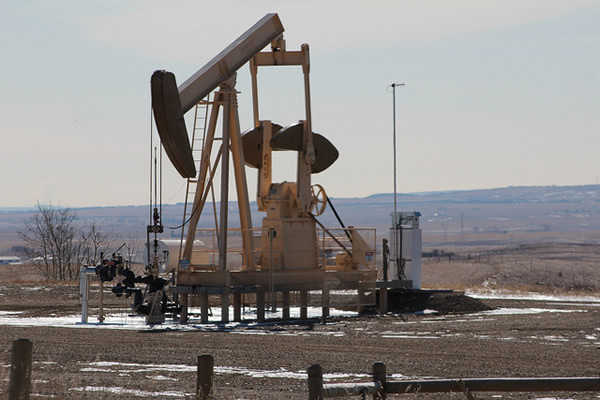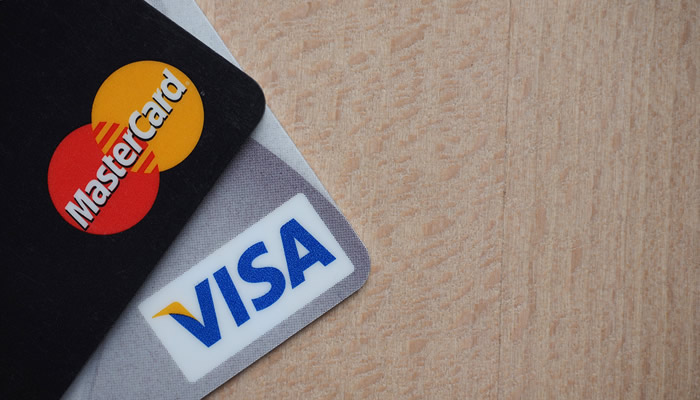Credit Card Debt and Bankruptcies on the Rise in Oil-Rich Provinces
Posted December 11, 2015 in Debt, Statistics
Photo via davebloggs007 CC by 2.0
The debts of Canadians in oil-rich provinces are starting to catch up with them. Households in resource-dependent provinces like Alberta, Saskatchewan and Newfoundland are dealing with the aftermath of lower oil prices. During the boom when oil was at over $100 per barrel, Canadians in those provinces were loading up on consumer debt. But now that the bust has arrived, these same Canadians are having a tough time dealing with their credit card and other personal debt.
Personal Bankruptcies on the Rise
Personal bankruptcies are on the rise in Alberta, Saskatchewan and Newfoundland, according to Equifax Canada. This should come as no surprise as these provinces are among the most dependent on the oil and gas industry. The 90-day delinquency rate is significantly higher on consumer loans (including credit card, lines of credit and mortgages) in these three provinces, as more Canadians are falling behind on their debt payments by over 90 days.
Not only are more Canadians in these provinces filing for bankruptcy, average debt loads in on the rise. Average debt loads are among the highest in Canada in Alberta, Saskatchewan and Newfoundland. During the boom in the oil and gas industry, residents borrowed a lot, taking advantage of low interest rates. This was fine and dandy when wages were on the rise and there were plenty of job opportunities, but now that the economy is in recession, these same Canadians are finding it difficult to pay the bills, some relying on credit cards.
Delinquency Rates Up
Times are especially tough in Alberta. Once Canada’s fasting growing province, layoff notices are starting to pile up, as incomes are feeling the squeeze. In Alberta, where residents carry an average debt of $27,490, the delinquency rate jumped to 13.4 percent in the third quarter. Meanwhile, delinquency rates are up in Saskatchewan (8.5 percent) and Newfoundland (5.8 percent) in the third quarter.
There appears to be a reversal of fortunes. While delinquency rates are on the rise on oil-rich provinces, they’re falling in just about every other province. Delinquency rates fell by a sizable amount in two of Canada’s most populous provinces, B.C. and Ontario, a similar trend in other provinces not so reliant on oil prices.
“Delinquency rates are an indicator that we follow closely and we are now seeing a negative effect in Western Canada. The same holds true in Newfoundland — essentially anywhere in the country where the economy is impacted by oil,” said Regina Malina, senior director of decision insights at Equifax Canada.
The Bottom Line
This data underscores the importance of an emergency fund. During financial tough times it’s important to have savings, otherwise you run the risk of racking up a lot of credit card or other debt. Financial experts recommend socking away three to six months’ savings in a high interest savings account. Perhaps aiming for nine months of expenses is wiser. While a credit card is a great way to earn reward points and manage short-term cash flow, it’s not a substitute for a good old fashioned emergency fund.




